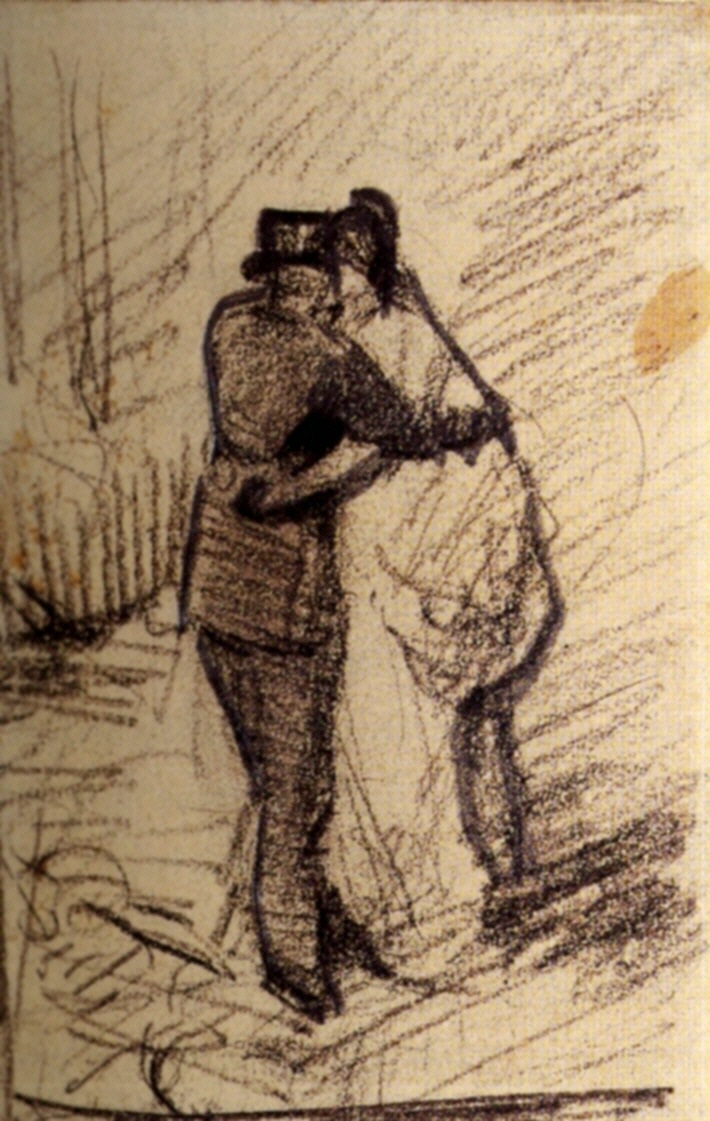Paul Cézanne painted Still Life with Fruit Dish in oil on canvas between 1879 and 1880. This painting is in the collection of the Museum of Modern Art in New York.
What is depicted in Still Life with Fruit Dish?
The painting shows a bowl with apples and grapes, as well as a white cloth with apples on it. A knife and a glass are also presented on the surface of the table, behind which there is a colorful surface with floral motifs.
Still Life with Fruit Dish – Analysis
Still life was a very important part of Cézanne’s work. The inventive and revolutionary principles that Cézanne introduced to still life painting can be traced through his relationship to perspective, line, and color. In the domain of perspective, Cézanne made changes that would greatly influence the later development of modern painting. He refined the default concept of linear perspective by introducing the idea of simultaneous observation of objects from several points. Relying on the theory of inverse perspective, Cézanne strove to provide as much information as possible about the presented subject. In structuring the scene, Cézanne minimized the role of the line. Although drawing was very important in Cézanne’s detailed preparation for each composition, the scene ultimately rests on the complex relationship of colors. Thus, the line in the scene was replaced by a combination of colored fields arranged according to the idea of complementarity. The complementarity of colors is the key element of Cézanne’s complex palette. Cézanne achieved harmony in both still lifes and landscapes by modulating painted surfaces based on the combination of warm and cold tones.
About the painting Still Life with Fruit Dish Meyer Schapiro wrote in the book Cezanne: “With this painting begins the series of great still lives of Cézanne’s middle and late periods. Beside the others, it seems a return to tradition in its studied outlines and great depth of shadow. It also seems one of the most obviously formal in the sober pairing and centering of objects, from the apples on the cloth to the foliate pattern on the wall. But through the color, which has its own pairing of spots, the symmetries of the objects intersect or overlap; the same object then belongs to different groups.”

Related Artworks
In the same year as Still Life with Fruit Dish, Cézanne also painted Milk Can and Apples, using a very similar palette. This painting is in the Museum of Modern Art, New York



















